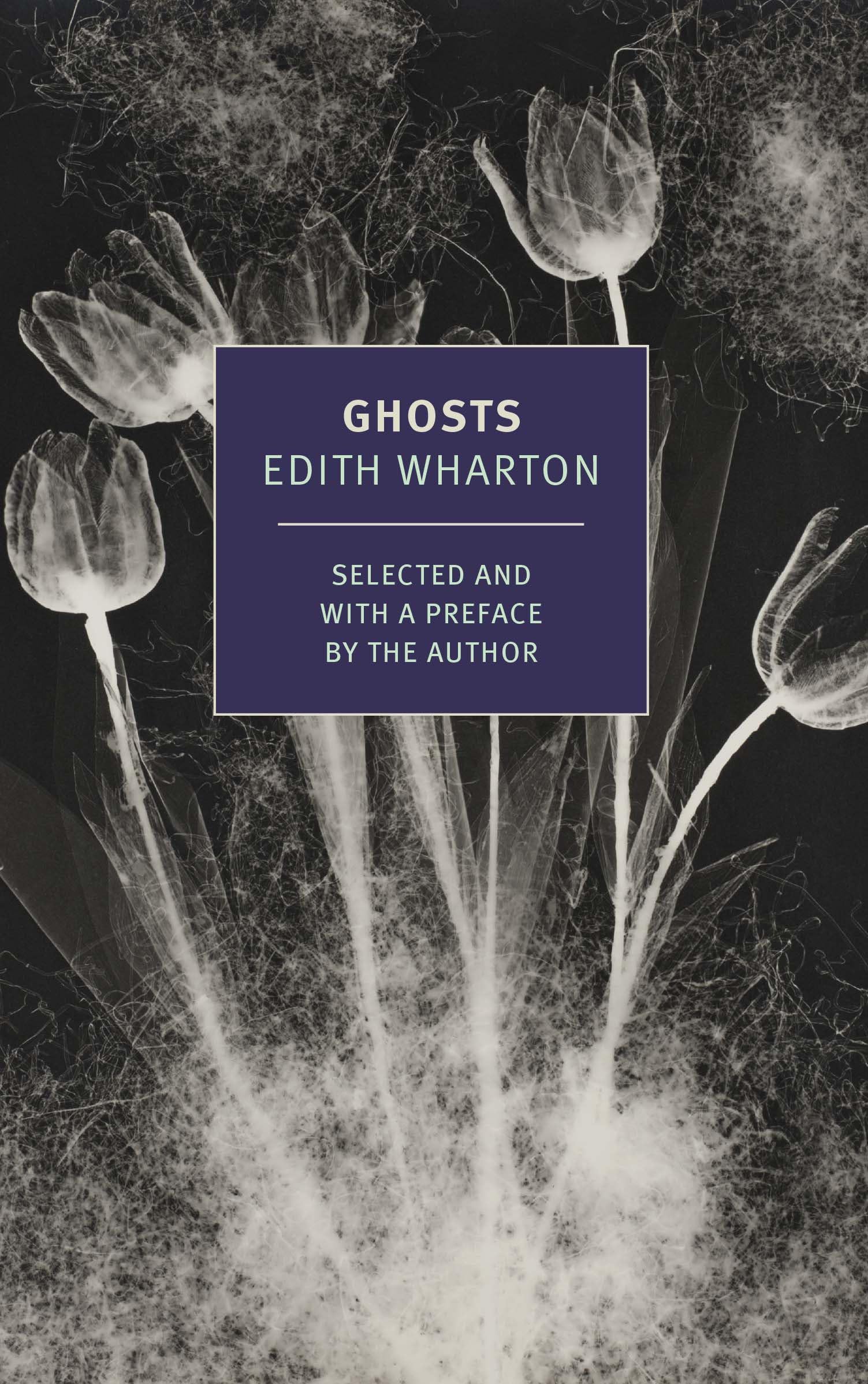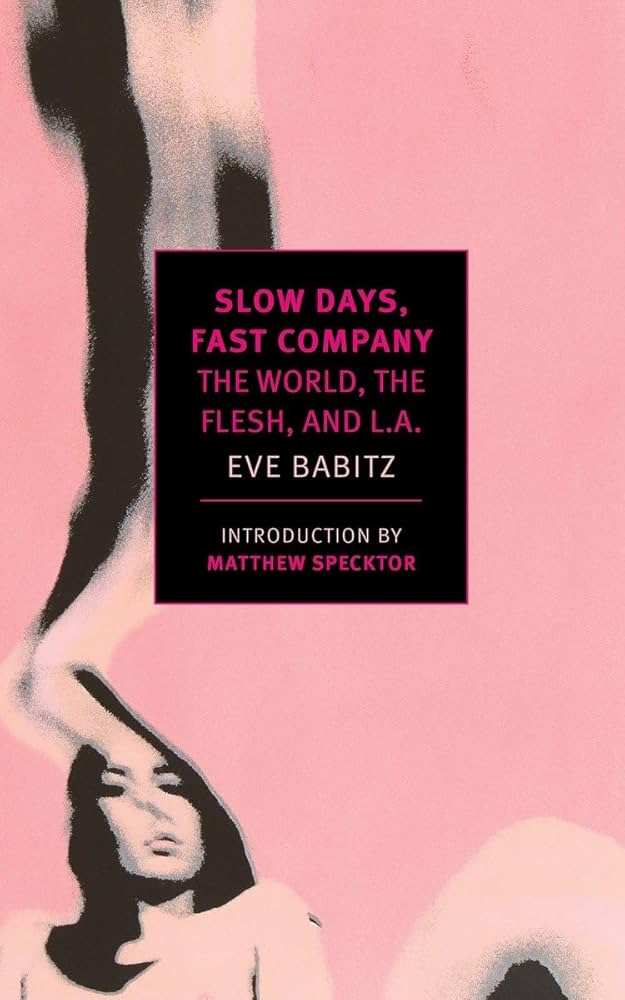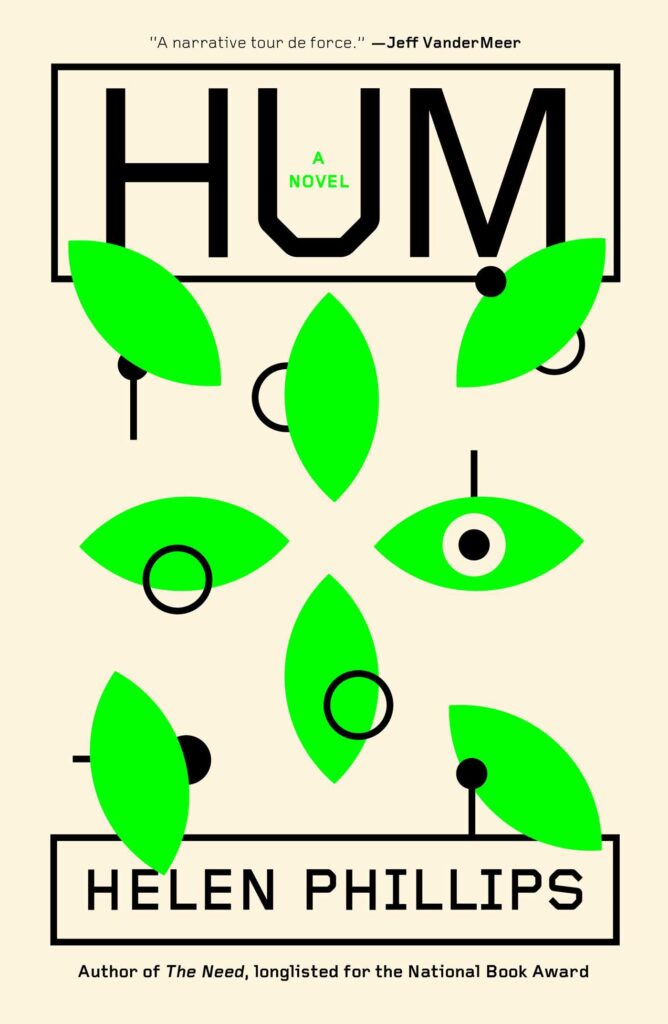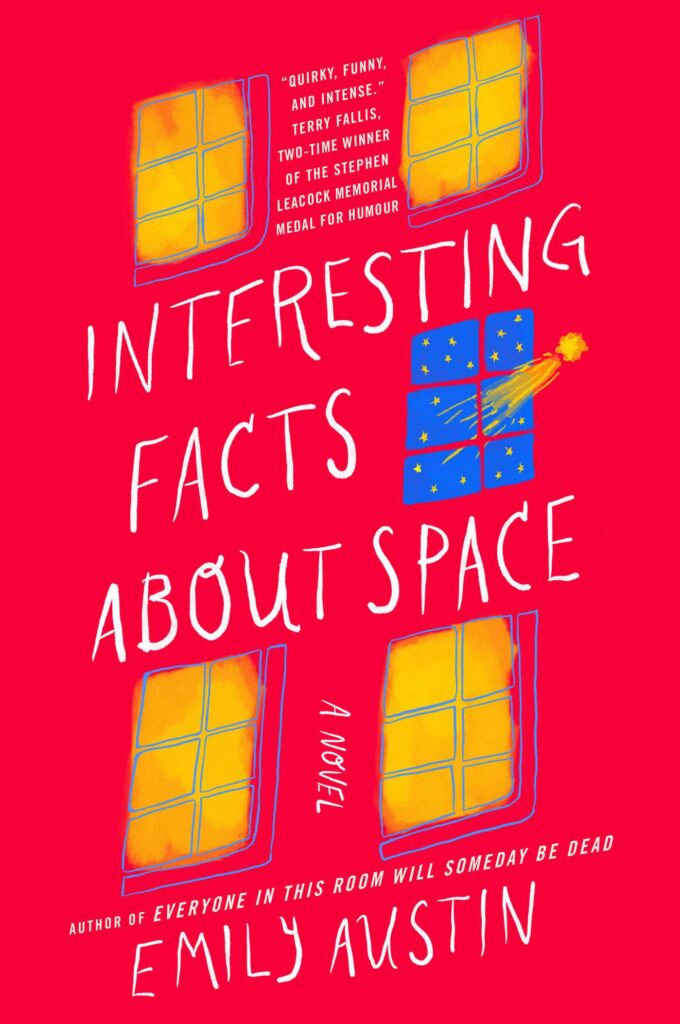Edith Wharton’s Ghosts is not your typical haunted house fare. It’s a collection that trades in subtle chills, psychological unease, and the everyday terrors lurking in drawing rooms and country estates. Wharton, best known for her novel social critique Age of Innocence, proves here that she’s just as deft at conjuring the uncanny as she is at dissecting Gilded Age society. The rich and vivid settings root the reader in eerie manors and foggy moors, with writing so accessible it pulls you right into the gothic chill.
What struck me most about Ghosts is how little it relies on the obvious trappings of the genre. These are creepy, low-key stories that linger. Wharton’s hauntings are felt in the hush of an empty corridor, the echo of a bell at midnight, or the sense that the past is never quite finished with us. The collection’s opening story, “All Souls,” sets the tone: a woman, alone in her New England mansion, finds herself abandoned by her servants after an injury. The horror isn’t in what she sees, but in the silence and isolation that close in around her.
Wharton’s ghosts are inseparable from the domestic spaces they inhabit. In “The Lady’s Maid’s Bell,” the supernatural manifests through the routines of household service and the unspoken tensions between mistress and staff. The ghostly is not an intrusion from outside, but something endemic to the home itself-a product of loneliness, secrecy, and the burdens of care. The stories repeatedly return to women confined by circumstance, their worlds shrinking to the size of a dimly lit room and the secrets it contains.
There’s a reason Wharton’s ghost stories feel so modern: the real terrors are often human. Greed, jealousy, and the corrosive effects of unhappy marriages haunt these pages as much as any spectral figure. In “Kerfol,” a pack of ghostly dogs avenges a woman’s suffering at the hands of her husband; in standout “Pomegranate Seed,” the past refuses to stay buried, returning in the form of mysterious letters from a dead wife. Wharton uses the supernatural as a lens to examine the anxieties and moral failings of her characters, suggesting that what truly haunts us is often our own history.
If you’re looking for jump scares, this isn’t the book for you. Wharton’s prose is elegant, her pacing deliberate. The pleasure here is in the slow build of dread, the way a story lingers in your mind long after you’ve finished it. She leaves just enough ambiguity to keep you guessing.
Ghosts is a masterclass in understated horror. Wharton’s stories are haunted by more than spirits; they’re haunted by regret, isolation, and the weight of deeply buried secrets. Recommended for readers who appreciate their chills served with a side of social commentary and psychological depth.









